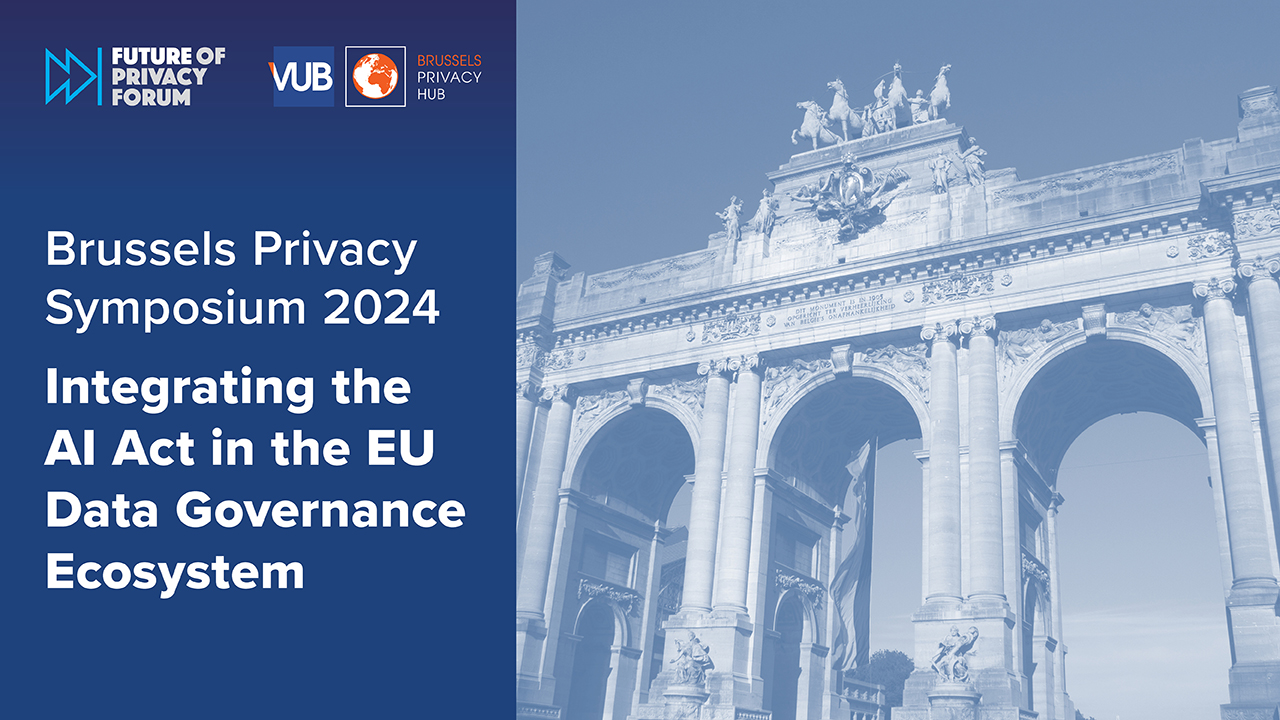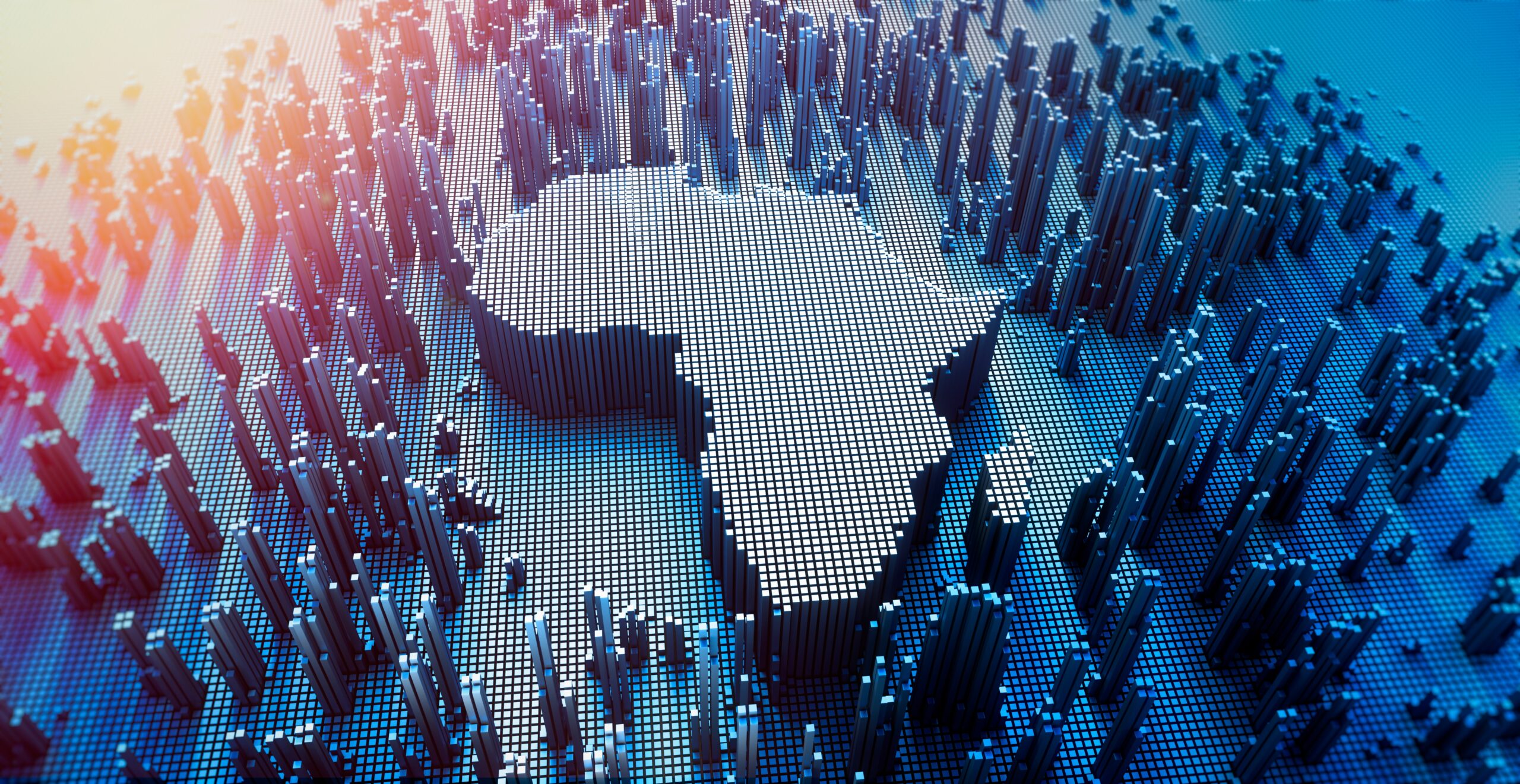Showing results for code2024 xped welcome bonus promo code moldova

FPF-Sponsorship Prospectus-Singles-Brussels Privacy Symposium-R3
[…] The Brussels Privacy Symposium is jointly presented by the Brussels Privacy Hub of Vrije Universiteit Brussel (VUB) and the Future of Privacy Forum (FPF). BRUSSELS PRIVACY SYMPOSIUM WELCOME NETWORKING RECEPTION • $6,500 • 3 available Support the Brussels Privacy Symposium with a sponsorship of our Welcome Networking Reception on the evening before the Symposium. […]

FPF-Sponsorship Prospectus-Singles-Israel cyber week-R3
[…] code at each Delegate’s seat. Must be approved in advance by FPF Sponsorship Team Each June The Future of Privacy Forum’s (FPF) Israel Tech Policy Institute (ITPI) welcomes a delegation of senior executive privacy professionals from around the world to participate in Tel Aviv University’s Cyber Week conference and to meet with start-ups, regulators, […]

Brussels Privacy Symposium Report 2024
[…] notions of risk and impact assessments across the EU digital rulebook, prohibitions and obligations for sensitive data processing, and an increasingly complex enforcement landscape, the organizers also welcomed Mark Scott, Senior Resident Fellow at the Atlantic Council’s Digital Forensics Research Lab for the Opening Keynote. With previous roles as chief technology correspondent for Politico, […]

FPF-Sponsorship Prospectus-Singles-Privacy Executives Summit-R2_Updated as on 12.19
[…] the significant challenges in data protection with some of the industry’s brightest minds. $3,500–$7,000 Varying levels of sponsorship available AUDIENCE 45+ of the top corporate privacy executives WELCOME NETWORKING RECEPTION • $7,000 • Evening before event • 3 only 1 available By sponsoring the Privacy Executives Welcome Networking Reception during the Privacy Executives Summit, […]

FPF-Sponsorship Prospectus-Singles-Annual Advisory Board Meeting-R2_Updated 12.19
[…] during Opening Remarks »Opportunity to provide (1) promotional item and (1) giveaway via QR code on breakfast tables. Must be approved in advance by FPF Sponsorship Team WELCOME RECEPTION • $8,500 • Evening before event • 1 available »One complimentary event registration »Com pany name and logo included in schedule of events with recognition […]

FPF-Sponsorship Prospectus-2025-R2_UPDATED 12.19
[…] Opening Remarks »Oppo rtunity to provide (1) promotional item and (1) giveaway via QR code on breakfast tables. Must be approved in advance by FPF Sponsorship Team WELCOME RECEPTION • $8,500 • Evening before event • 1 available »One complimentary event registration »Comp any name and logo included in schedule of events with recognition […]

FPF Submits Comments to Kenya’s Office of Data Protection Commissioner (ODPC) on the Draft Data Sharing Code
On January 6, 2025, the Future of Privacy Forum (FPF) filed comments with the Kenyan Office of Data Protection Commissioner (ODPC) on the 2024 draft Data Sharing Code. We look forward to continued collaboration with the ODPC. Our comments are provided in Annex 1 for consideration. Read our comments in full.

FPF-Sponsorship Prospectus-Singles-Spring Social Cocktail Reception-R2_Updated as on 12.19
[…] of Sponsorship include: »Co mpany name, logo, and website link in event invitations »Offi cial recognition during the Reception by FPF Leadership »Op portunity to provide (1) promotional item and (1) giveaway via QR code. Must be approved in ad vance by FPF Sponsorship Team »Pr ominent recognition of name and logo on signage […]

Future of Privacy Forum – Submission to ODPC for Proposed Data Sharing Code
1 3 5 0 E ye S tr e et N W , S uit e 3 5 0, W ash in g to n, D C 2 0 005 | 2 0 2-7 6 8-8 9 50 | f p f.o rg 6 J a n uary 2 0 25 O ffi ce o […]

FPF-Sponsorship Prospectus-Singles-DC Privacy Forum-R2_Updated as of 12.19
[…] located on FPF website »Official recognition of sponsor during the Luncheon by FPF »Opportunity to make short remarks during the Luncheon (2 minutes) »Opportunity to provide (1) promotional item and (1) giveaway via QR code. Must be approved in advance by FPF Sponsorship Team Our inaugur a l DC Privacy Forum was such a […]
